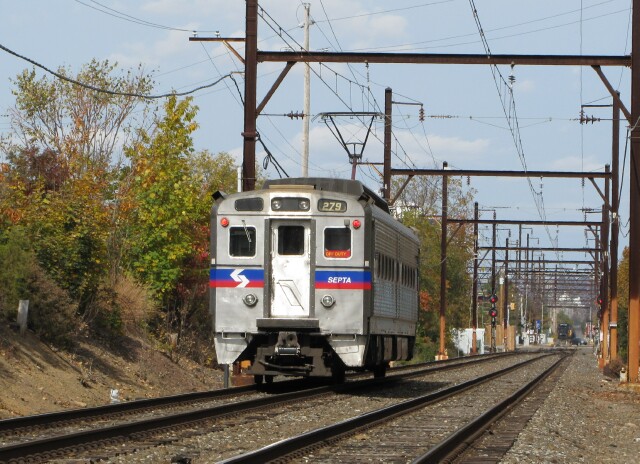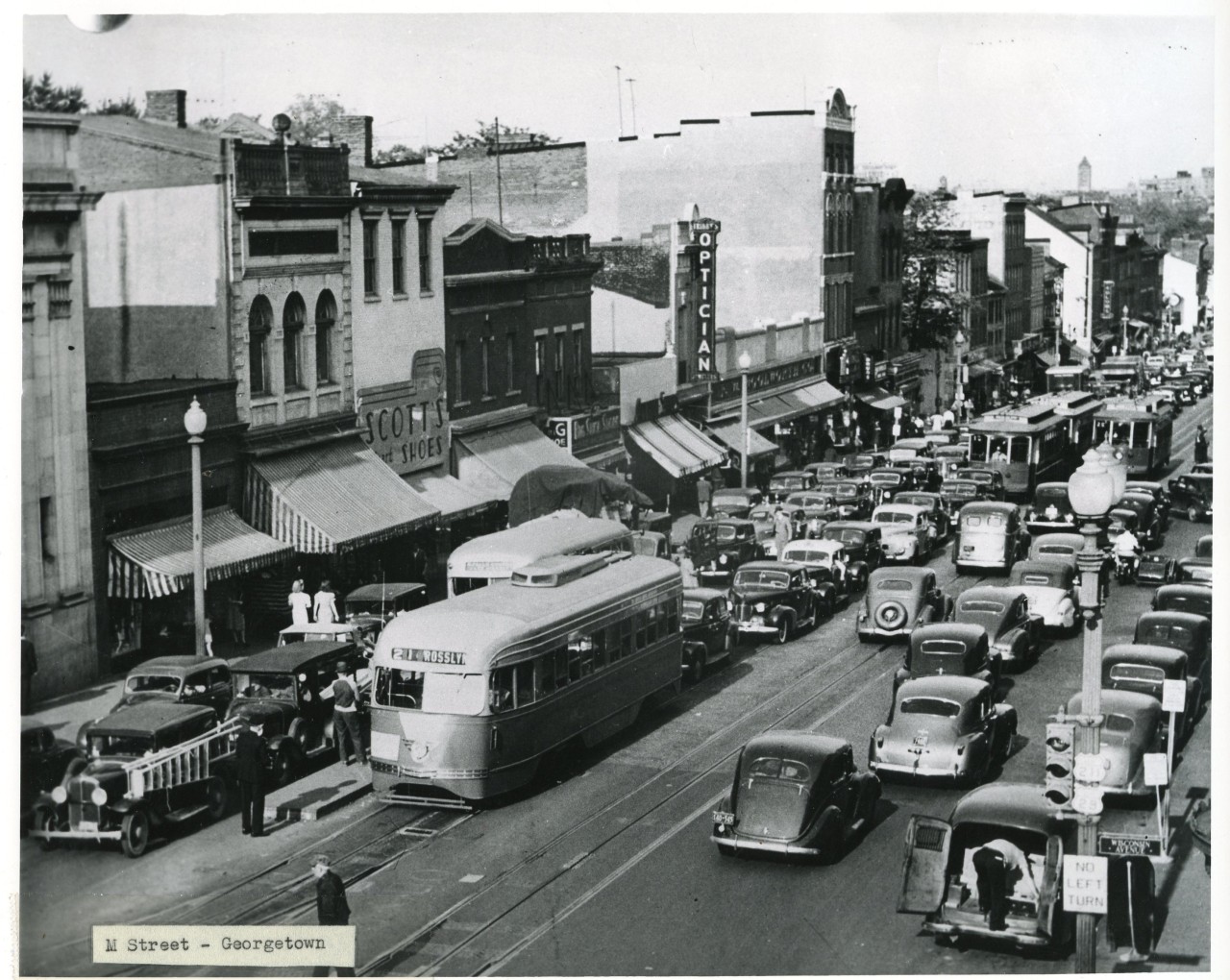tobyjug
Senior Member
- Joined
- Jul 21, 2007
- Messages
- 3,408
- Reaction score
- 473
yup, that sounds great. I moved to the States 11 years ago and couldn't believe the age and condition of the commuter rail system here. The trains looked (and still look) like antiques. And then I saw the cost of using the system. Nuts! Still tho, at least there is a system.
Ha. You want antiques ride the PCC streetcars on the Mattapan-Ashmont run. Those things are good for another 50 years. If you had tuk tuks in the streets, you could be in Calcutta.


